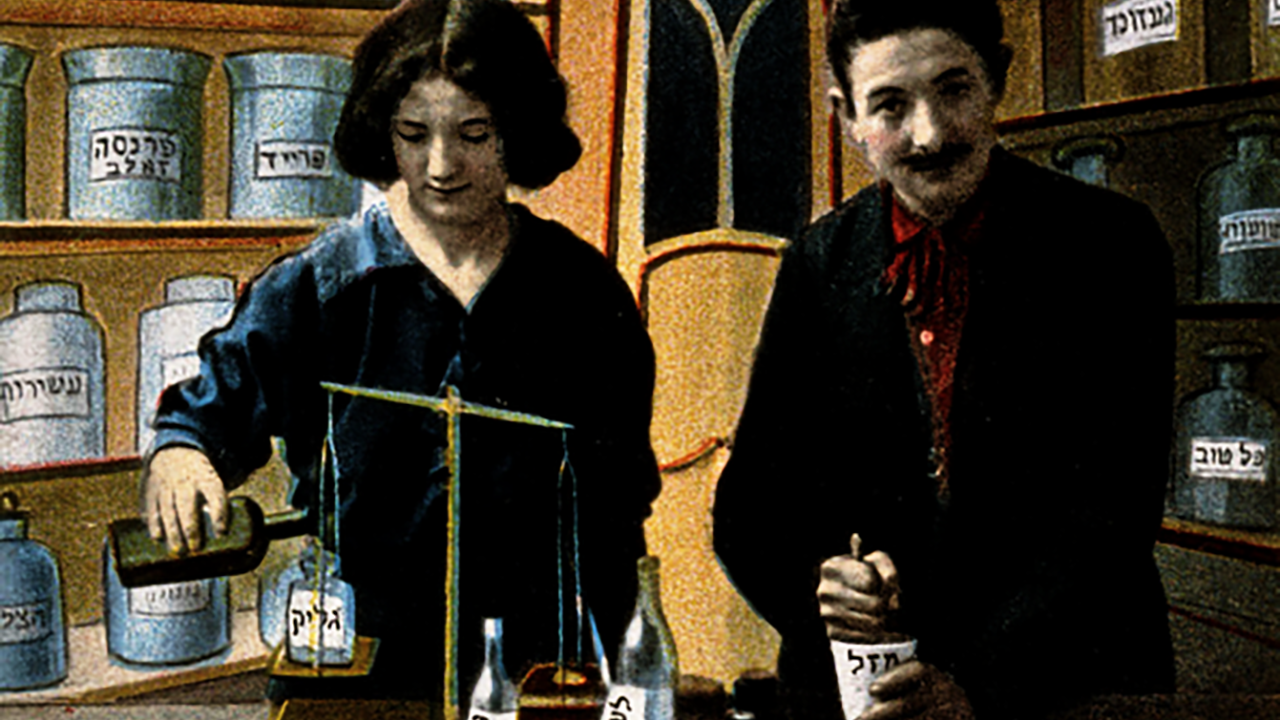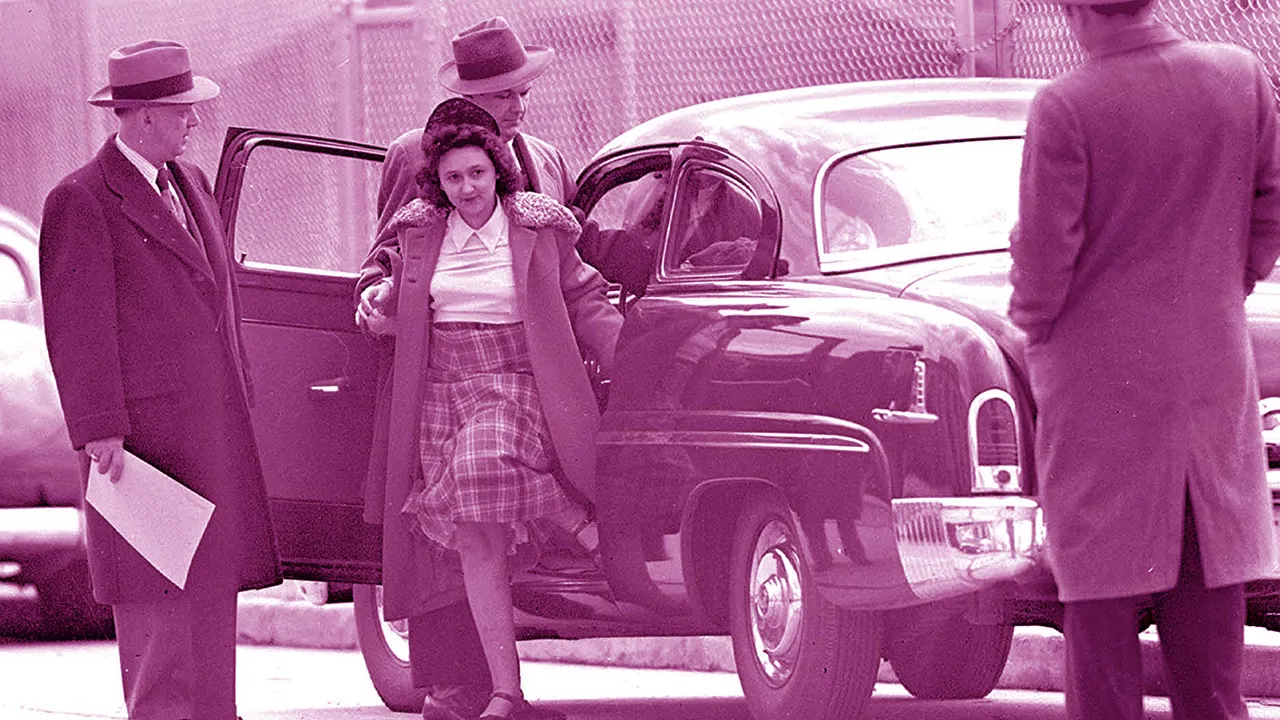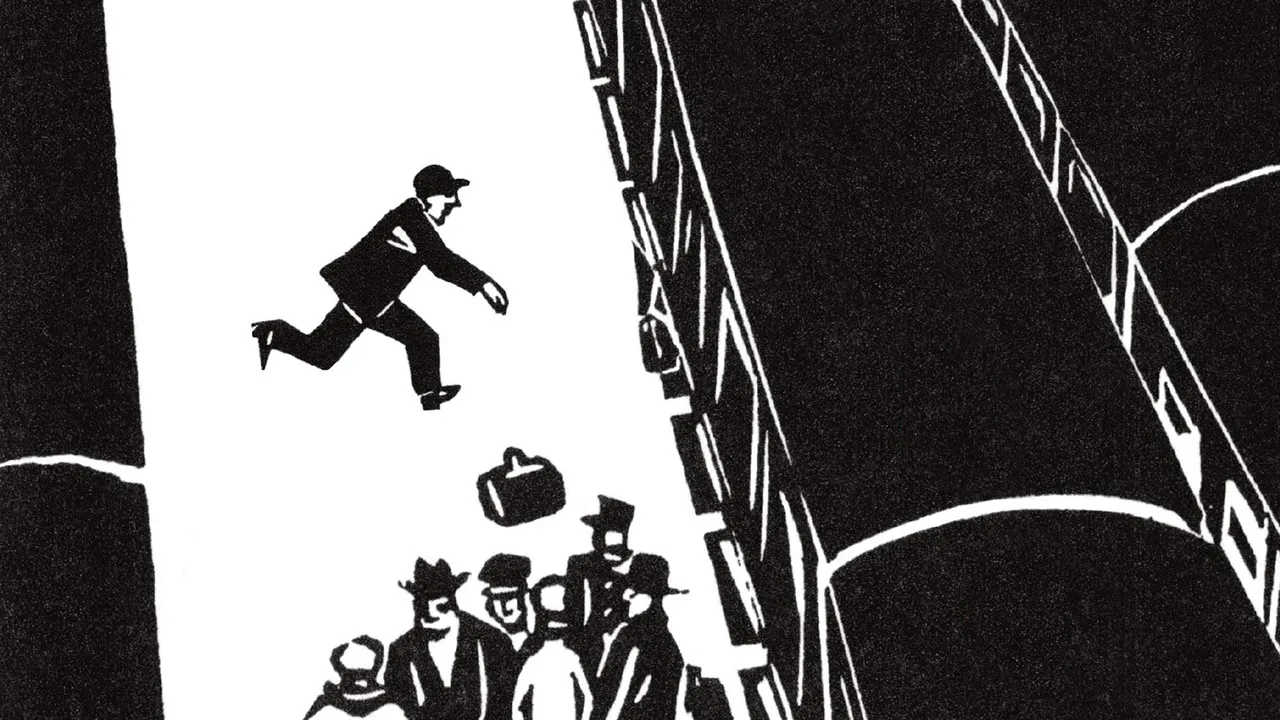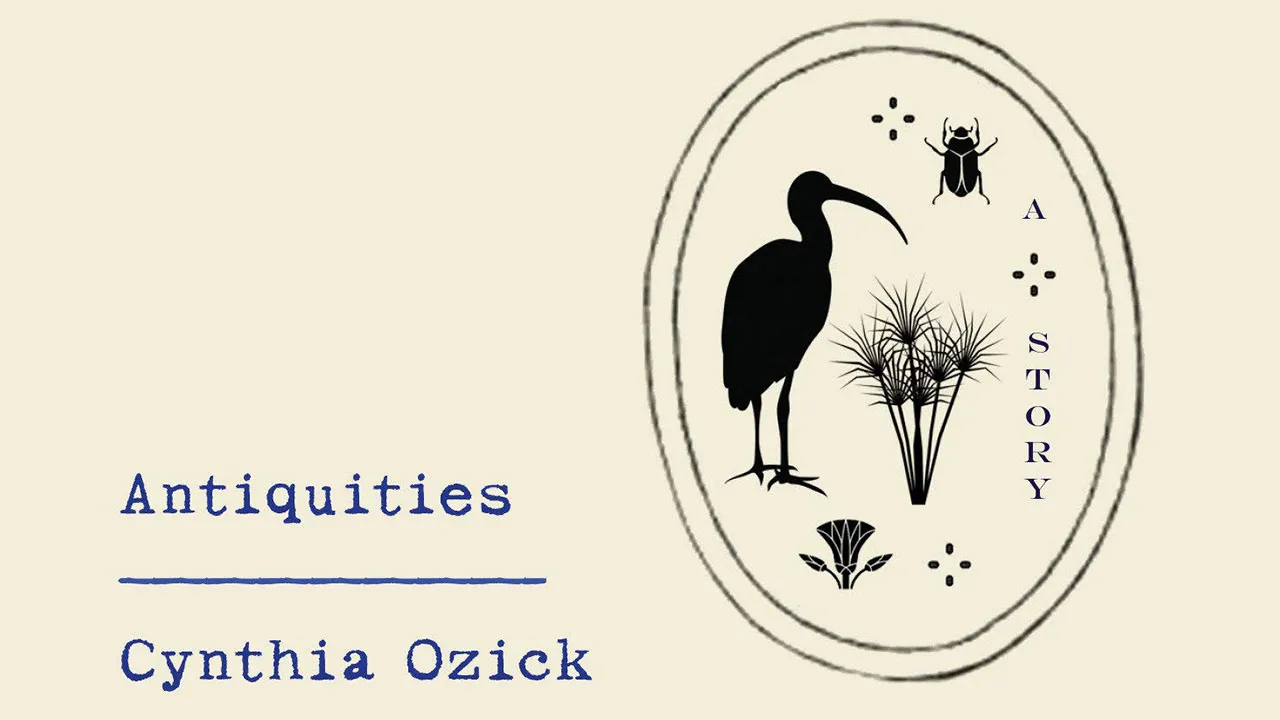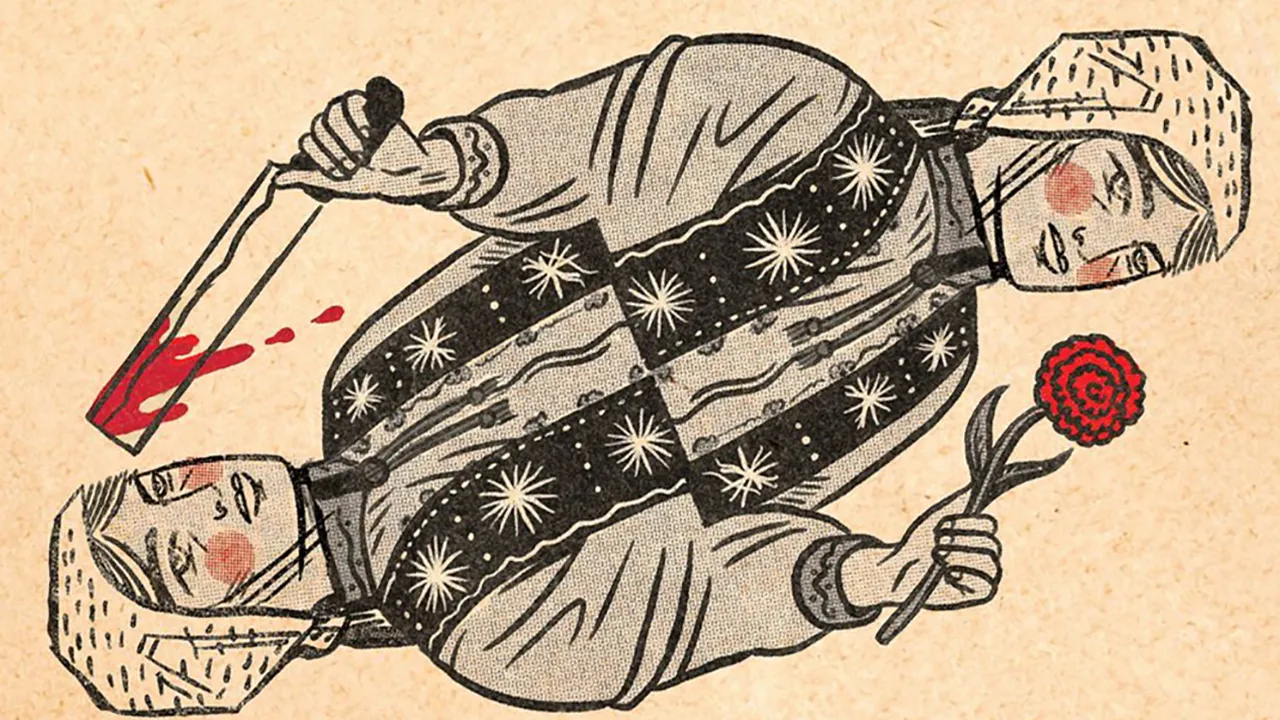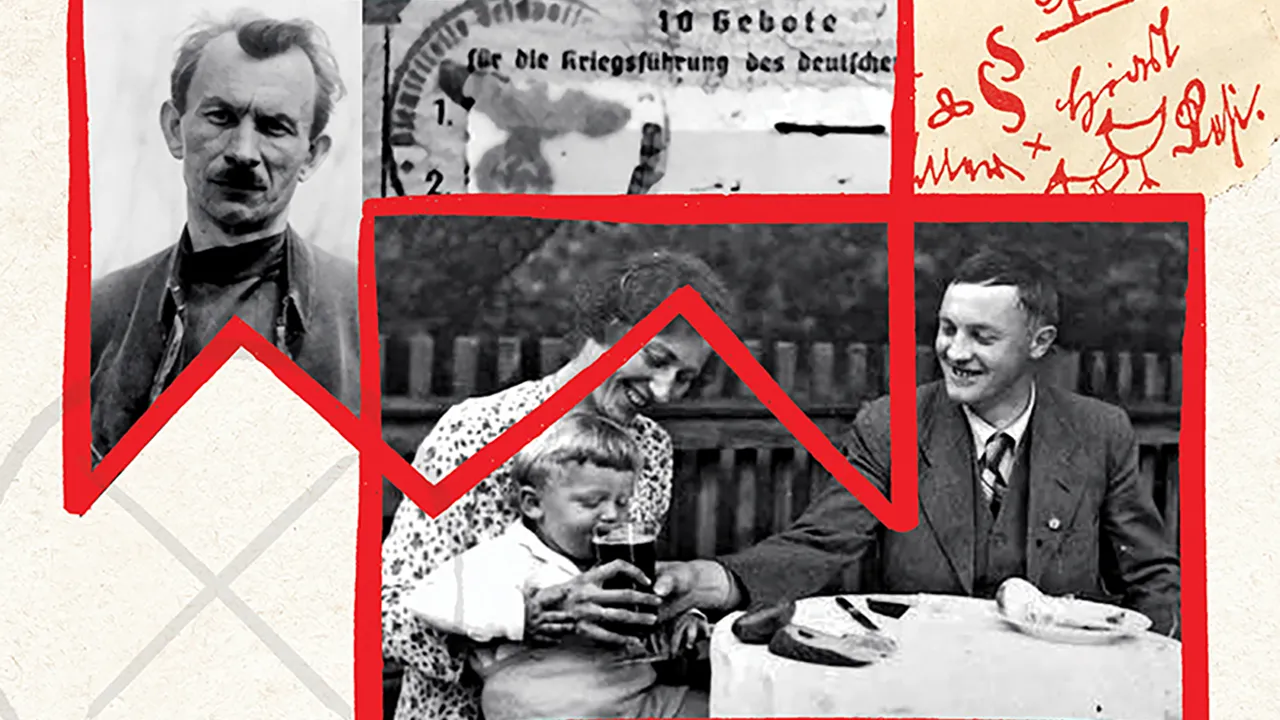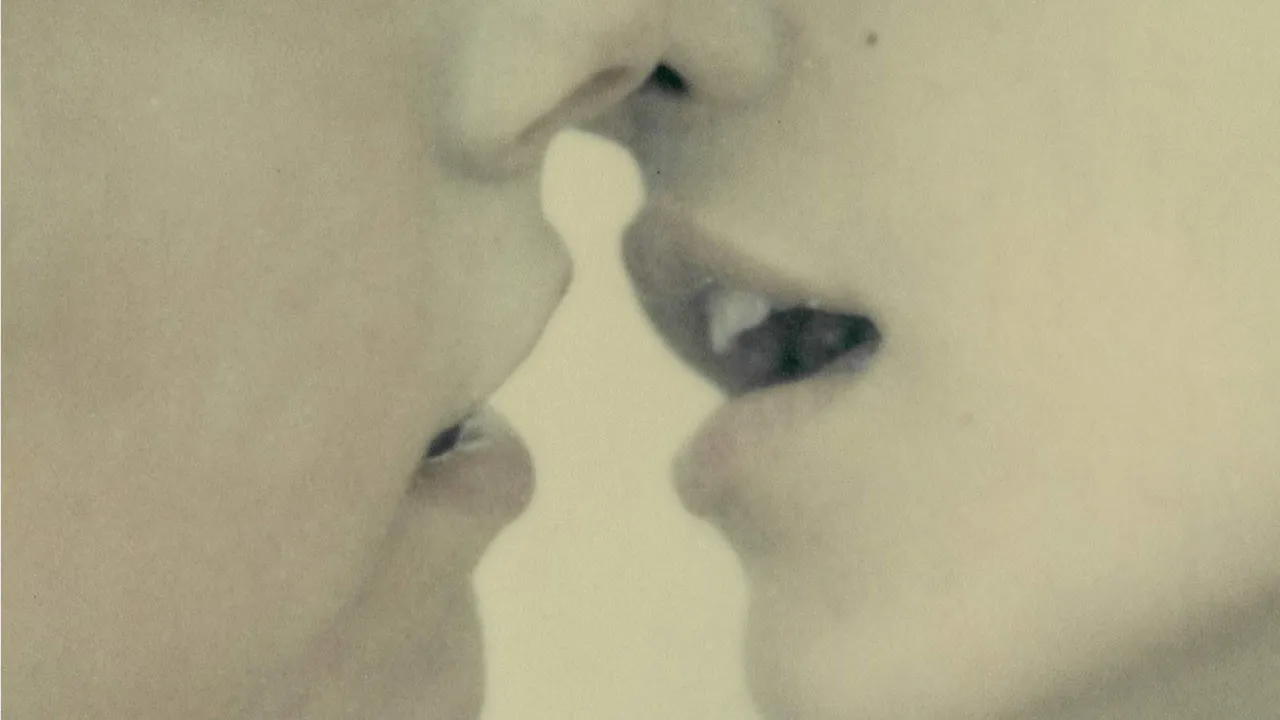My father’s sister Sandra suffered terribly from lupus. After Sandra fell into a long coma as a teenager, my grandmother traveled more than 1,000 miles for an audience with the Lubavitcher Rebbe. Despite the fact that she and my grandfather ran a pharmacy and spent their days dispensing medications, my grandmother turned to the rebbe in hopes that he could achieve for her daughter what modern medicine had been unable to accomplish.
I evoke this story because, although the image of the Jewish doctor may be a staple in our culture, we can easily forget that, for many Jews, scientifically based medicine has often shared the stage with healing practices rooted in religion and folklore.
